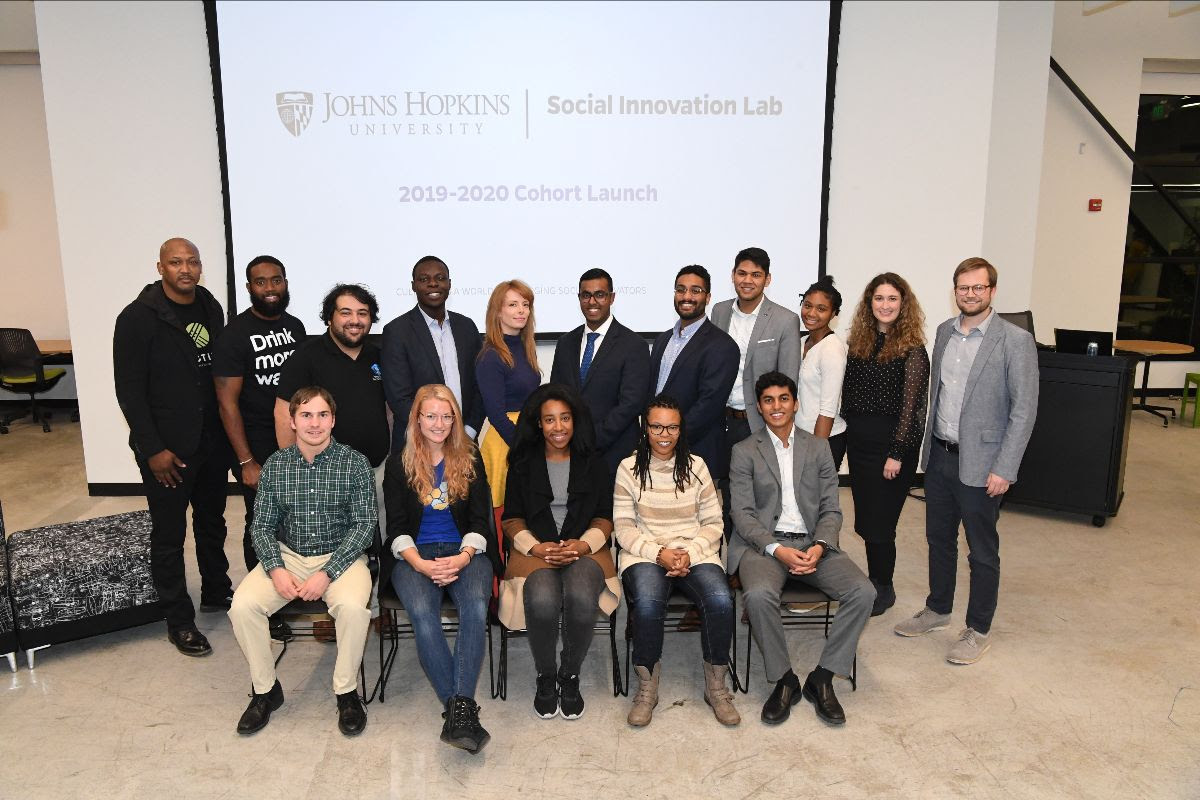As Johns Hopkins University’s Social Innovation Lab (SIL) graduated ten impact-focused ventures at its forum earlier this month, Parity founder Bree Jones was voted by her peers as the winner of the $25,000 cohort prize because of her work during the six month program, the startup’s plans for future growth and its potential impact on the community.
“At the end of the day it came down to them believing in me,” said Jones. “Believing that what Parity is saying it wants to do, it can actually do. This award will help us reach that first milestone in a journey of many milestones.”
Jones didn’t get into SIL her first year applying. Although she was “bummed” not getting in the first year, in hindsight she wasn’t ready to capitalize on the opportunity SIL presented.
“An incubator like this can be a slingshot,” said Jones. “Since I’ve won the award, I’ve gotten texts and emails from people I just never knew would recognize me as part of this cohort.”
Jones founded Parity to give legacy residents in disenfranchised communities a seat at the table in their own community’s redevelopment. The company does this by acquiring abandoned buildings, renovating them, and then creating affordable homeownership opportunities for residents of that neighborhood.
The effects of redlining, which was only banned a little over 50 years ago, are still evident today in data that illustrates the chronic disinvestment in certain neighborhoods over others. Parity aims to curb a cycle of vacant buildings being left to rot until a big developer comes along, gentrification begins, and longtime residents get pushed out. The company creates an infrastructure for residents to buy back the block.
SIL’s cohort was focused around human-centered design this year. Jones took the lessons of this year and ran with them. Conducting 40 interviews with residents of Baltimore helped her understand the importance of a “cocreation mindset.”
“Designing with people and not for people,” said Jones, was one of the key lessons she learned at SIL. “It’s gonna be the people who know their issues the best that will actually have the best solutions.”







